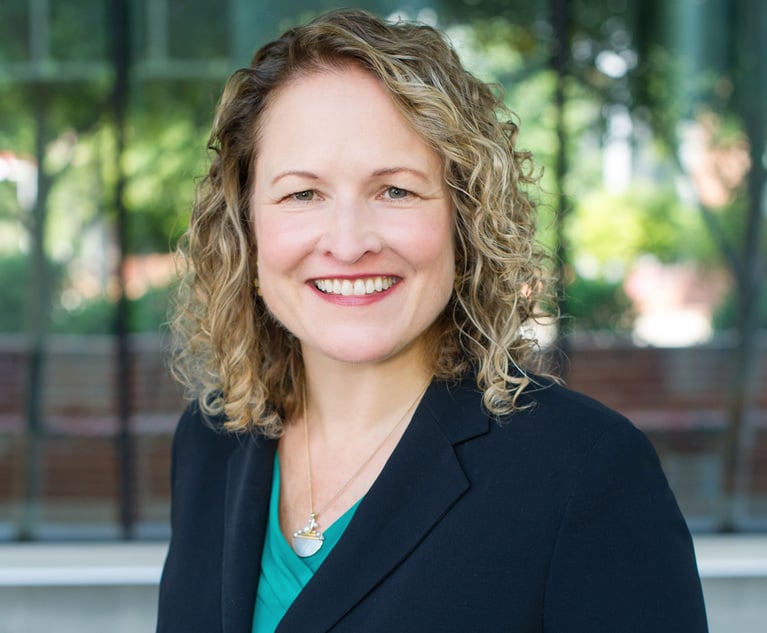Editor’s note: This piece is a companion to a report on the changes law firms have made to their associate training programs over the past decade.
While many law firms are bulking up their professional development offerings to better prepare associates earlier in their careers, some experts point out that it’s even more cost-effective for law schools to bear the brunt of the training.


 Yale Law School.
Yale Law School.








